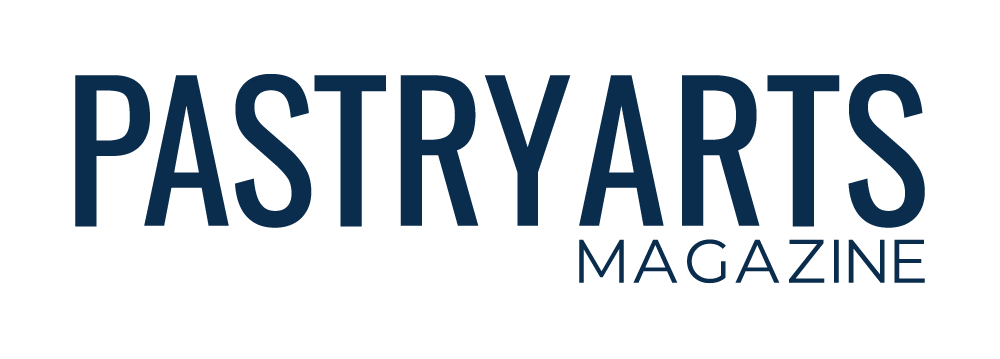(This article appeared in the Summer 2021 issue of Pastry Arts Magazine)
Like many in the hospitality industry, Jiho Kim found himself unemployed when Covid-19 hit last year. Formerly the Executive Pastry Chef at the Michelin-two-star restaurant The Modern in New York City, Kim was immersed in the world of fine dining, a sector that suddenly had limited opportunities. But Kim is nothing if not determined, so he improvised, opening a pop-up restaurant in the Koreatown section of NYC with colleague Kelly Nam (Kim’s former Sous Chef at The Modern). The venture was a success, and now Kim, along with Nam and restaurateur Sarah Kang, has opened Joomak Banjum, a reinterpreted Korean-Chinese restaurant that will feature Korean flavors and ingredients and reinvented Chinese dishes in a casual-upscale atmosphere. Kim took time out of his busy schedule to talk about the inherent excitement – and challenges – of his new venture.
In looking back over your career, what do you believe has helped you experience your level of success thus far?
My drive to learn and being curious about new things. In pastry there are a lot of ingredients, sometimes you can research, but there is not a lot of information or it’s not clear. I get excited about learning and researching and documenting resources I find. And then I build my own recipes and test them. I do it again and again and I keep going. I try and fail, but I never quit.
Who was your mentor and what was the most impactful lesson you learned from them?
Frank McClelland was a strong mentor whom I’ve worked with at L’espalier. He taught me how to survive as a leader. He showed me how to jump over hurdles and live in the moment, because restaurant service is very intense. It requires a strong mentality for the long hours and physical work. You are moving around, multitasking and there are so many things. And people give up and change careers, but I always dreamed about being a chef, so I have the mentality that I’ve got to make it happen. And Frank taught me to have that mentality.
What helped you secure positions at places like The Modern, Beautique, Gordon Ramsay at The London, L’Espalier and more?
I started in a small restaurant and slowly built up my portfolio from there until I was ready for the next level, and the level after that. Each time I challenged myself. I always tell people that if there’s no challenge, that means you don’t have gasoline to make yourself a success. In the U.S., the industry is very small, and people know each other, even if they have not met in person. At Gordon Ramsay, a few chefs there were mutual friends and that helped me get a foot in the door. Then I did a tasting for management and proposed what my vision was as a pastry chef. [Ultimately], I’m doing what I want in my life. Just being happy with what I do helps my future employers feel my passion.
Like many in this industry, you were laid off from your job as Executive Pastry Chef at The Modern when the pandemic hit. Did you look at this as an opportunity to do something completely different?
In the beginning, New York City was shutdown from March to about August, and I was upset at the situation. I saw pastry chefs selling baked goods and cakes on Instagram and YouTube, but I just didn’t want to do that. And at that time, flour and butter were gone because everybody was at home baking. I wanted to do something different. I started cooking Korean food and posting on Instagram for people to cook at home by following my recipes. That’s when some regular guests from The Modern reached out to me if I would cook for them. That started me doing catering, and then popups, and now I felt it gave me a bigger opportunity of pursuing my dream of opening my own restaurant.
I inspire them by sharing my past failed experiences so they can learn from them.
You’ve worked for years as an employee in restaurants, and now you’re an entrepreneur. How are you adapting to the business side of your new venture?
I’ve been in the kitchen for over 25 years, and I’ve learned enough in the kitchen, and I want a [different] challenge. As I spoke earlier, if there’s no challenge, that means I don’t have any gasoline in my life. I’ve always been curious about the business aspect of restaurants. I’ve owned a deli in Boston for a year, so I am somewhat familiar with it. Working at companies like USHG gave me more training on how to look at the big picture. Learning from different entrepreneur friends have helped tremendously as well. Now I’m creating a concept, finding the location, working on food cost averages and hiring – the whole picture. And I’m excited to learn more chapters.
 What is the most exciting part of embarking on your new venture?
What is the most exciting part of embarking on your new venture?
Making the kind of place people want to come to, not just to eat the food, but because they love our servers and chefs and [atmosphere]. If they have a special occasion, I want to make them extremely happy. If they have an allergy, I want to make food for them. The culture of the restaurant is important to me and I’m excited to bring the new culture of hospitality to Koreatown.
Conversely, what is the most nerve wracking part of embarking on your new venture?
Failing my team. [As an owner], I want to do whatever I want to do, but I need to make it financially successful so that I can pay my staff. If it’s not a financial success, then I have to lay off somebody, and that means I failed my team. That is the reality.
I started in a small restaurant and slowly built up my portfolio from there until I was ready for the next level, and the level after that. Each time I challenged myself.
You were once on the culinary side of the kitchen, and then you crossed over to pastry. Now, at Joomak, you’re doing both – what are your thoughts about that transition?
My DNA belongs in the kitchen. I may have crossed over to pastry, but my heart has no border.
Thinking about where we are today as an industry, what are your thoughts on pastry professionals working to improve their knowledge and understanding on the culinary side of things?
More and more savory and pastry chefs are working together to create their menu. You see more pastry/bread items on the savory side and more savory desserts these days. Having a good relationship with the savory chefs and learning from each other is how I learned.
Put your head down and work hard like it’s your first day.
Especially in today’s climate, how are you finding good employees?
Most of my team is from The Modern. We got together during the pandemic to do popups and catering. I’ve been lucky that they stuck with me, and they are the core of my new venture.
In relation to managing employees, how do you lead them to deliver their best work?
I inspire them by sharing my past failed experiences so they can learn from them. I also believe that leadership comes with respecting your team members.
I have given some financial responsibility to the chefs because they need to learn about financial success too. I am requiring everybody has two days off so they can relax and refresh. Even if we spend a little bit more on labor costs. Because once they come, they can perform at a hundred percent. And I have them be a part of the menu. That’s how they get inspired.
Given everything that’s happened over the past year, what’s your best advice for pastry professionals today?
Be humble. Not thinking that you are the best. Put your head down and work hard like it’s your first day.
Photos by Jordyn Palos






You must be logged in to post a comment.